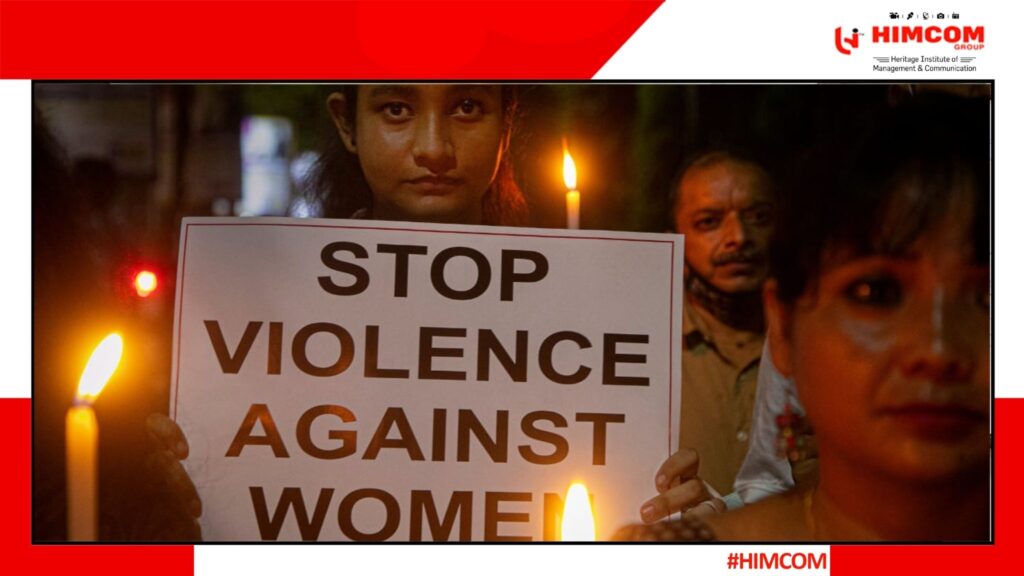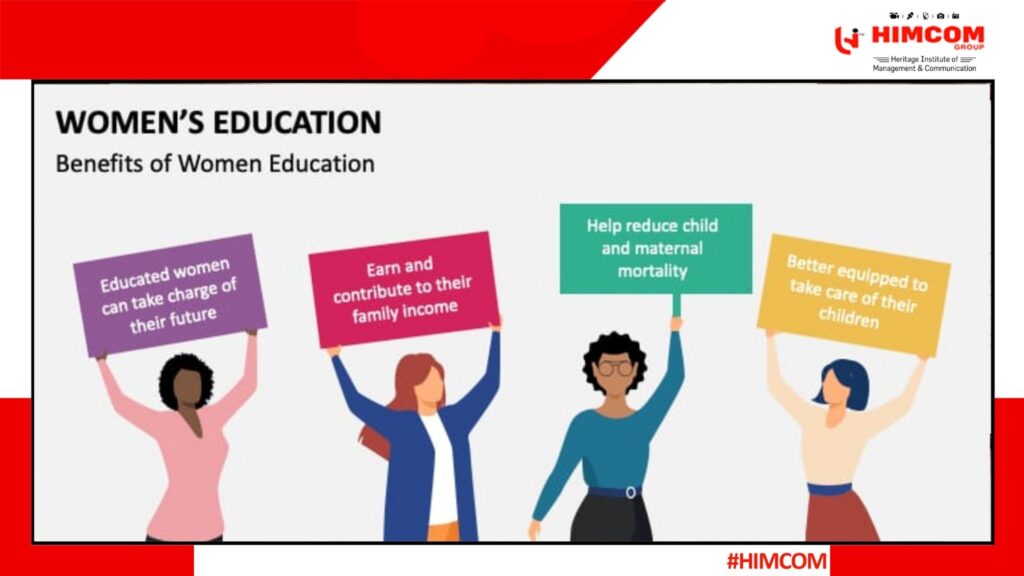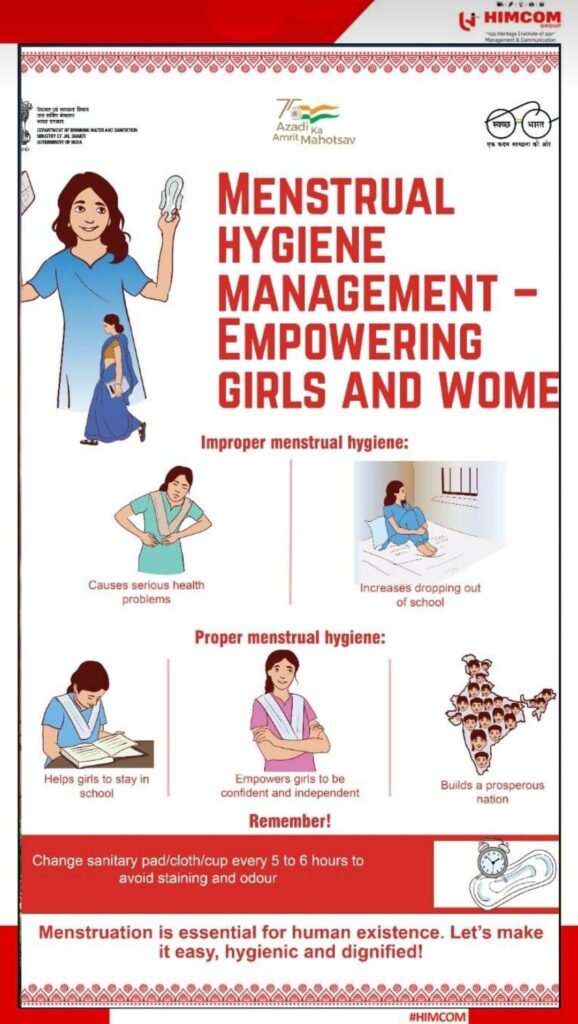Empowering Women: A Path to Equality and Progress
The Parliament of India too has passed various legislations to save women from various forms of injustice and discrimination. They are: Equal Remuneration Act-1976; Dowry Prohibition Act-1961; Immoral Traffic (Prevention) Act-1956, Medical termination of Pregnancy Act-1971; Maternity Benefit Act-1961; Commission of Sati (Prevention) Act-1987; Prohibition of Child Marriage Act-2006; Pre-Conception & Pre-Natal Diagnostic Techniques (Regulation and Prevention of Misuse) Act-1994; and Sexual Harassment of Women at Work Place (Prevention, Protection and) Act-2013.
DEFINITION OF WOMEN EMPOWERMENT

Women empowerment refers to the process of enabling women to take control of their lives through increased access to opportunities and resources. This includes boosting their self-worth, enhancing their decision-making power, and providing them with tools for personal and professional development. Importantly, women's empowerment not only benefits women themselves but enriches families, communities, and societies as a whole.
IMPORTANCE OF EDUCATION

Education is a cornerstone of women empowerment. Access to quality education equips women with the skills and knowledge necessary for personal growth and professional success. Unfortunately, millions of girls worldwide are out of school due to various barriers, including poverty, early marriage, and reliance on their labor for household chores. By prioritizing girls' education, societies can significantly improve their economic prospects and health outcomes, breaking the cycle of poverty and enabling them to make informed decisions about their own lives.
HEALTH AND SAFETY CONSIDERATIONS

Women's health and safety remain significant barriers to empowerment. Issues such as maternal health, access to reproductive health services, and gender-based violence disproportionately affect women. Ensuring that women have access to comprehensive health care, including prenatal care and education about their health, is crucial for enabling them to lead healthy lives. When women are empowered in health care, they can advocate for themselves and others, fostering a culture of health equity.
DIYA PAARCHA
BJMC 1
.jpg)



Comments
Post a Comment